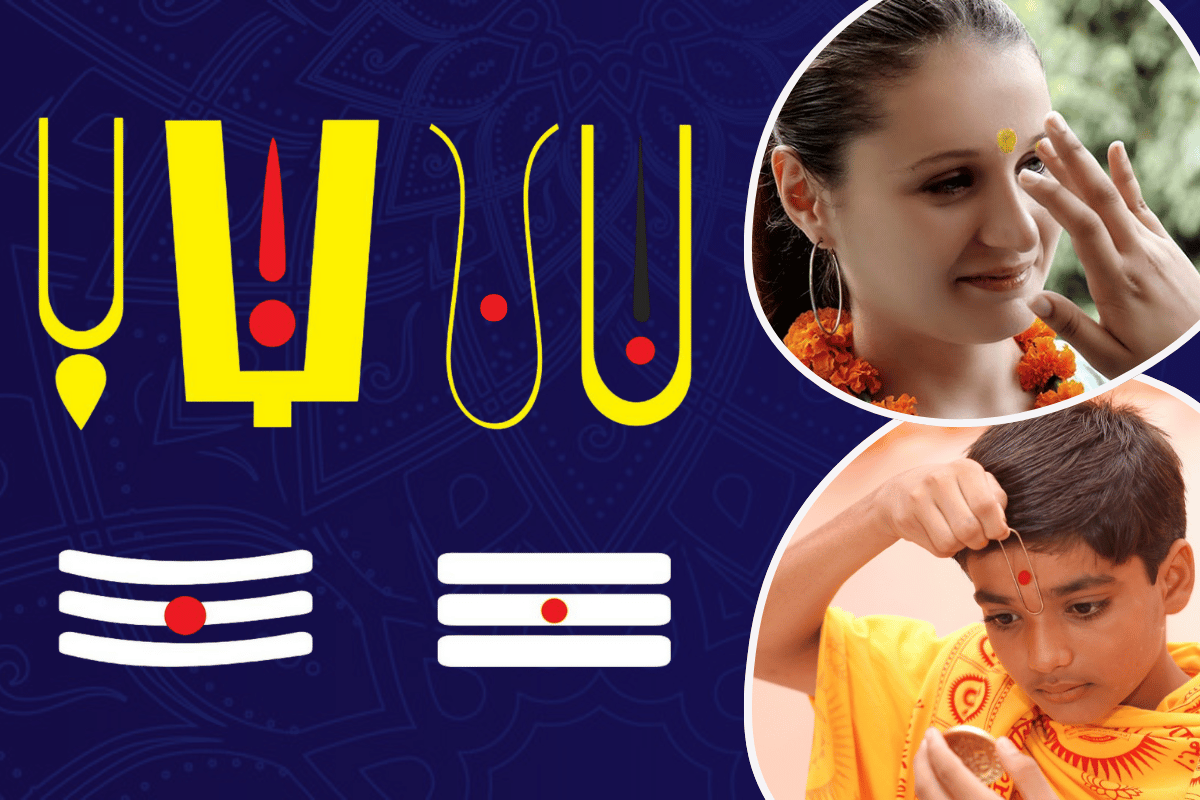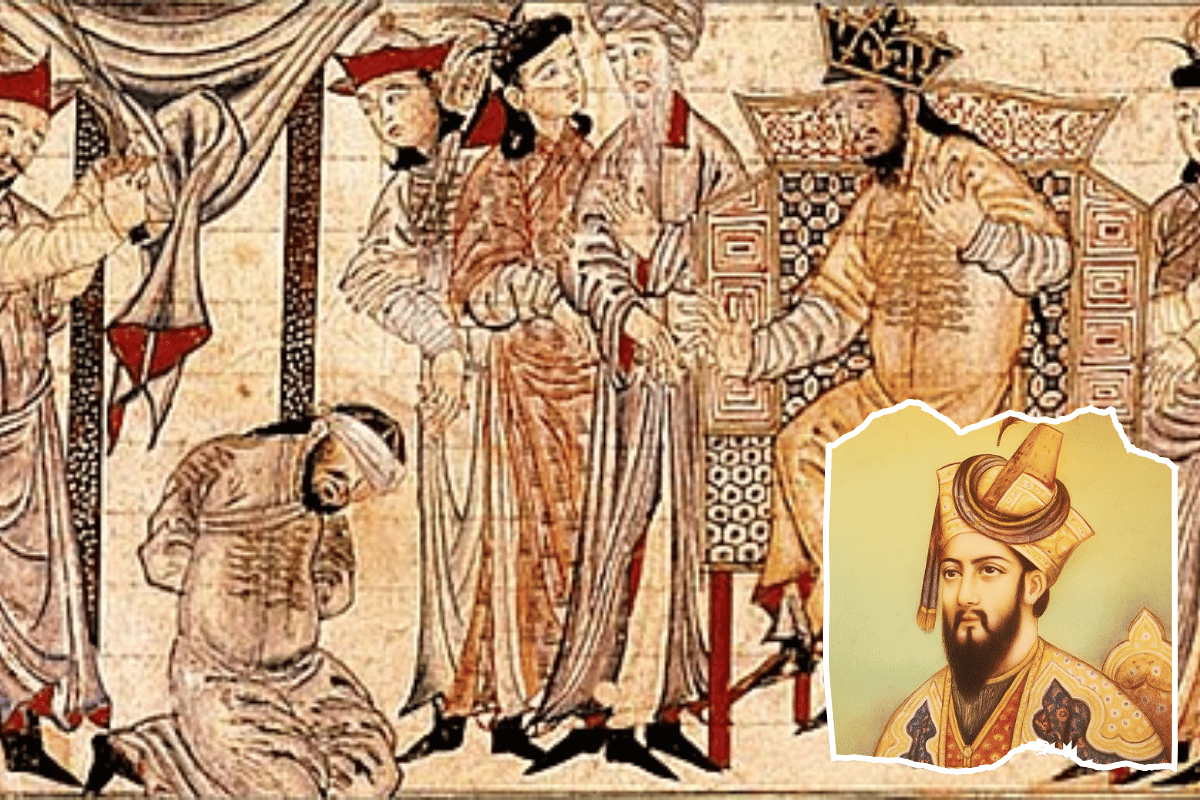
INSIGHT UK research gathered dozens of articles where Hindus have been attacked in India, Pakistan, Bangladesh and around the world. Including attacks on Hindu temples worldwide, many by Muslim extremists.

Multiple incidents were found where Hindus and Dalit Hindus were attacked by Muslims. A few select ones have been referenced in this report.
In one incident, a Hindu lady on TikTok posted a video of their household Hindu deity being desecrated by a lady wearing a Hijab. This video received over 30 million views.
One thing was clear. Very few, if any, had been covered by the BBC. But there was far more coverage when Muslims were the victim.
In 2023 concerns were raised that Hindus were not reporting hate crime in the UK however no articles could be found on the BBC that focused on “Hindus as a group” facing hate. A few days later they released an article specifically highlighting that Muslims in Peterborough could be under reporting hate crime.
The BBC did cover a “single” event of a Hindu family facing hate and being called “kafir” without stating that this word is used by Islamists to “other” non-believers.
Former Democrat and US congresswoman, Tulsi Gabbard, pointed out in a repost, how one-sided false international reporting has led to more Hinduphobia. The BBC has not highlighted the intense hate Hindus receive in Asia and has only focused on a one-sided narrative, which may in fact enable more hate against Hindus.
On BBC World News, an opinion columnist called Rana Ayyub was allowed to use the word “Hindu terrorists”. She was referring to Hindu students who were protesting at the unfairness of Muslim girls being allowed to wear a different uniform to everyone else at their school.
The news presenter, Yalda Hakim, did not stop or seek to correct her use of this inflammatory term. It would create fake news to call protesting Hindus as terrorists. Noteworthy, as the UK government stated that the funding for the BBC World Service would help fight fake news.
The BBC did not balance the issue with highlighting the story of Harsha, who had been hacked to death around the same time by Muslim fundamentalists, for apparently protesting in favour of everyone having to wear the same uniform.
Ayyub is not new to controversy, with ongoing investigations against her for illegally collecting huge sums of money from the public in the name of charity. Ayyub was introduced on the show as a “prominent Muslim investigative journalist”.
Her claim to fame was a book called “Gujarat Files” where she made controversial claims that have not been supported by evidence. Her book and claims were thrown out of court as “surmises, conjectures and suppositions” adding “the opinion of a person is not in the realm of the evidence”.
When they are bringing people onto shows as “investigative journalists or experts”, the BBC do not clarify details as to why they are considered as trustworthy but present them merely as the expert on the subject matter. Nor did they censor what she said.
In comparison, the BBC was very quick to defend and shut down any criticism of Pakistan in an interview. US scholar and political scientist Christine Fair was interrupted when she explained the links between Pakistan and Taliban violence.
References for this article can be found in the full report.
Download full report








